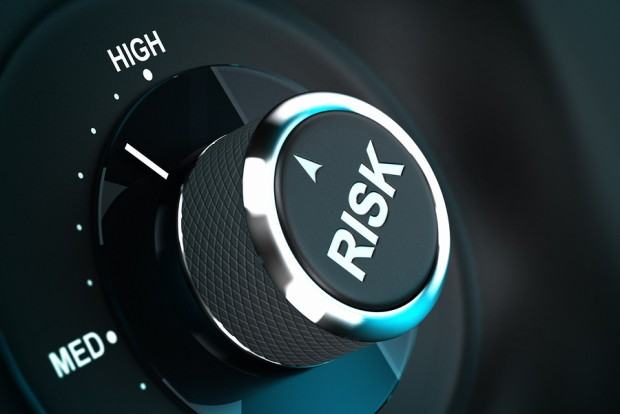Falling oil prices, rising geopolitical tensions and separatist movements topped the list of challenges facing direct foreign investors, according to Marsh’s 2015 Political Risk Map and report.
The riskiest country to do business is the Central African Republic, followed by Sudan and Syria. The safest bets are Canada, Greenland, Norway, Sweden and Switzerland, according to the report.
The United States, Australia and parts of Europe and Asia were classified as stable, while Africa and the Middle East were largely categorized as high risk.
- Central African Republic
- Sudan
- Syria
- Afghanistan
- Guinea-Bissau
- Yemen
- Congo (DRC)
- Libya
- Haiti
- Mauritania
- Chad
- Mali
- Madagascar
- Guinea
- Zimbabwe
- Burundi
- Kyrgyzstan
- Niger
- Sao Tome and Principe
- Ethiopia
Marsh’s Political Risk Map is based on data from Business Monitor International (BMI), a Fitch Group company and leading source of independent political and credit risk analysis. The map provides overall risk scores for 185 countries based on political risk, macroeconomic risk and operational risk.
Among the key challenges cited:
Falling Oil Prices
The sharp decline in oil prices in the second half of 2014 may benefit the global economy as a whole but could have a negative impact on countries that rely on oil export revenues. The study categorized Angola, Chad, Equatorial Guinea, Iran and Venezuela as being at “severe risk” should oil prices continue to fall.
Venezuela, where oil makes up more than 95 percent of exports and more than half of government revenues, is seen as particularly vulnerable.
Emerging Economies
The study found a clear delineation between countries that represent strong investment opportunities and those that do not, citing new leaders in China, India and Indonesia as making those countries good prospects for economic reforms.
Mexico and Argentina also show positive signs of reform, the study said, depending on 2015 election outcomes.
However, the outlook for Russia is more pessimistic, due partly to economic sanctions imposed by the U.S. and other governments following Russia’s annexation of Crimea and intervention in Eastern Ukraine.
Political Violence
Political violence was a concern in the Middle East and North Africa (MENA), Ukraine, Thailand and Hong Kong in 2014, and the report cautioned that other countries could be susceptible in 2015—particularly those with populations frustrated by economic mismanagement or where a single leader has held power for decades.
The study categorized the African countries of Benin, Cameroon and the Democratic Republic of Congo as potential political powder kegs, as well as Central Asia, Venezuela and Sri Lanka.
Separatist Movements
Around the world, movements are being driven by political, regional and ethnic groups seeking independence—and the mere existence of such groups can have a significant effect on foreign investment, the report said. It pointed to Scotland’s recent referendum on independence as a potential source of inspiration for activists in other countries.
Geopolitical Tension
“There are now a greater number of powerful countries acting on the world stage than has been the case over the past 25 years,” said Yoel Sano, BMI’s head of Global Political and Security Risk.. “As they expand their perceived spheres of influence, there is a greater likelihood that their interests will cause tensions. And if these countries are emboldened by the perceived weakness of the United States, that could lead to more conflict.”
This perceived weakness is the U.S.’s apparent unwillingness to engage in a major armed conflict or take a strong stance in international crises, which the study cited as a likely factor in Russia’s annexation of Crimea.
Source: Marsh





















 AI Got Beat by Traditional Models in Forecasting NYC’s Blizzard
AI Got Beat by Traditional Models in Forecasting NYC’s Blizzard  Viewpoint: Runoff Specialists Have Evolved Into Key Strategic Partners for Insurers
Viewpoint: Runoff Specialists Have Evolved Into Key Strategic Partners for Insurers  From Skill to System: The Next Chapter in Insurance Claims Negotiation
From Skill to System: The Next Chapter in Insurance Claims Negotiation  Telematics and Trust: How Usage-Based Insurance Is Transforming Auto Coverage
Telematics and Trust: How Usage-Based Insurance Is Transforming Auto Coverage 




